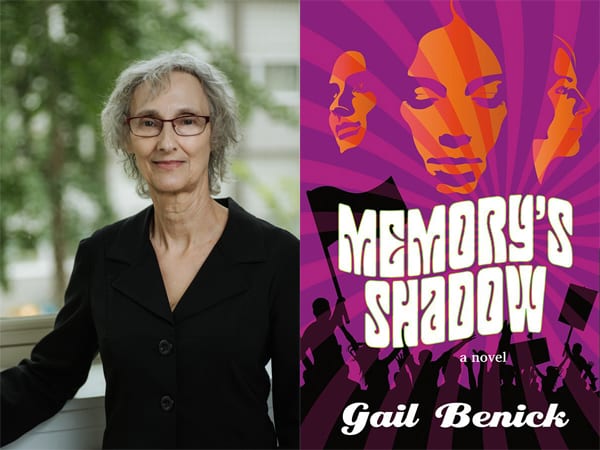photo credit: Melanie Gordon Photography
In her memoir, A Good Wife. Escaping the Life I Never Chose, Samra Zafar explores the roots of her abusive arranged marriage and her courageous breakaway from the confinement imposed on her. Samra Zafar, a woman of Pakistani Muslim origin, was just sixteen when her parents agreed to marry her to a twenty-seven-year-old stranger halfway around the world in Canada. Her husband to be and his family vowed that the marriage and the move would include the fulfillment of her dream of a university education. At the age of seventeen, she was a new immigrant, married and living in Mississauga. A year later, she was pregnant and residing under the same roof as her in-laws who insisted that their needs and wishes took precedence over Samra’s personal goals. Samra couldn’t leave the house, earn her own money, or pursue her dream of attending university. As their home slowly became a prison, Samra realized that the initial assurances that her husband and his family had given to lure her to Canada were false.
In the years that followed Samra suffered from her husband’s emotional and physical abuse that left her feeling isolated, humiliated and betrayed. Meanwhile, her husband grew alternately distant and violent as Samra increasingly fell under her in-laws’ domination. The arrival of a second daughter only deepened Samra’s sense of entrapment. In her memoir, she recalls the insidious trajectory of her marriage in which she would resolve to leave but was repeatedly enticed to return by her husband’s empty promises and her fear of being a divorced, single parent in the Muslim community.
Desperate to get out, she devised an escape plan for herself and her two daughters. When the family found themselves in dire financial straits, Samra was allowed to get a job, learn to drive and start a home daycare business. She squirreled away money and applied successfully for admission to the University of Toronto at Mississauga. Because she could pay her own way, there was nothing that her husband and his family could do to stop her.
After a decade of abusive living, Samra pursued her education as a single mother working multiple jobs. She completed her Bachelor’s and Master’s Degrees in Economics from the University of Toronto with the highest distinction. She was named the top student in Economics and was the recipient of the prestigious John H. Moss Scholarship given to the single most outstanding student across the university’s three campuses. Today she is one of the youngest alumni serving as a Governor for the University of Toronto. Her TEDx talk was named one of twelve epic talks on gender-based violence.
How did Samra Zafar soar to such heights? Her strength, resilience and exceptionality are clearly the most cogent explanation. But what role did host institutions, particularly the university, play in removing barriers to her success? In her memoir, Samra provides a number of seemingly ordinary, but impactful examples.
At the outset, an academic counsellor in the university’s registration office bypassed the lengthy waitlist for two required courses, thereby allowing Samra to begin in the Bachelor of Business Administration program while running her daycare centre at home.
A counsellor at the university health centre assured Samra that her husband’s controlling, belittling behaviour was not her fault. “You are being abused,” the counsellor said. Samra writes: “Abuse. Until the counsellor gave me that word, it was not part of my vocabulary. No one I knew ever used it, in English or in Urdu.” With a name for the pain she was enduring, as well as charts on “The Cycle of Abuse” and “The Power and Control Wheel,” Samra felt bold enough to fight back.
Later, when she was ready to leave her marriage, the university’s student housing services found her an apartment on campus without delay. The Students’ Union on campus encouraged her to attend council meetings and provided babysitting for her daughters. “You don’t have to go through all of this alone. We’ll help you,” the student leaders said. An economics professor championed her stellar academic achievements.
A Good Wife makes a major contribution to the literature on immigrant women in Canada. Samra Zafar’s inspirational memoir illuminates her personal story of abuse and reminds us that those in positions of relative power can help to change the lives of the powerless.
Gail Benick, author of The Girl Who Was Born That Way (2015), and Memory’s Shadow (fall 2020)


Excellent review. I want to read it now. Plan on purchasing this book.
Great review! Definitely makes me want to read this book about a very inspiring woman.
I look forward to reading the book. It is an inspirational story of strength and resilience: attributes of so many immigrant women!
That was a great review. Wish I had the book right now so I could start reading it.
Your review of Samra Zafar’s “A Good Wife” will truly inspire many to read about this amazing woman’s struggle to succeed despite her difficult life. Great review! I look forward to reading the book.